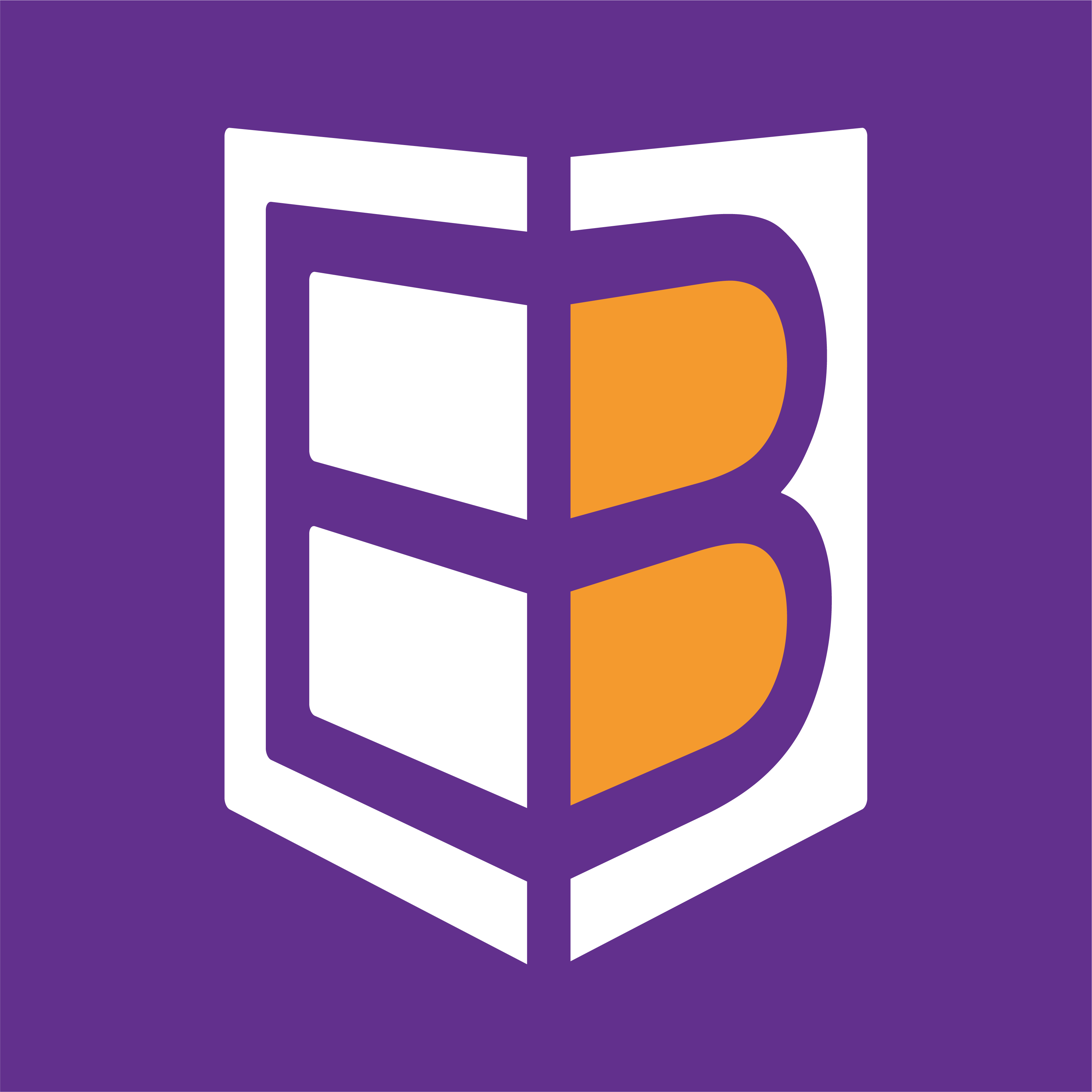ABSTRACT
Objective:
To present the theoretical-methodological potential of Critical Discourse Analysis (CDA) for critical studies of Documentary Languages (DL). It starts from Norman Fairclough's CDA assumptions, as well as from the semantic warrants principle to discuss the thematic/discursive representation of social actors. The concepts of “discourse”, “social practice”, “discursive practice”, “text”, “power”, “hegemony”, “ideology” and “semantic warrants” are used to propose the three-dimensional model of analysis, in which DL would be analyzed in three dimensions: DL as a text, DL as a discursive practice and DL as a social practice.
Methods:
It uses exploratory and bibliographic research methods, with a qualitative approach.
Results:
The results indicate that Fairclough's Dialectical-Relational approach provides concepts, tools and categories necessary to work on socio-discursive issues involving the use of language in the representation of documentary content, especially content that involves minorized social groups, such as blacks, indigenous people, women, LGBTQIAP+, among other social groups in vulnerable situations.
Conclusions:
It is concluded that Fairclough's approach with the use of categories oriented to the senses of words can be operationalized to understand how social actors are being represented in the discourses of DL and how the pattern of inclusion and exclusion of these actors in the process of thematic representation of documents.
KEYWORDS:
Documentary Languages; Semantic warrants; Discourse; Critical discourse analysis; Social actors

 Thumbnail
Thumbnail
 Thumbnail
Thumbnail
 Thumbnail
Thumbnail
 Fonte: adaptado de
Fonte: adaptado de  Fonte:
Fonte:  Fonte:
Fonte: